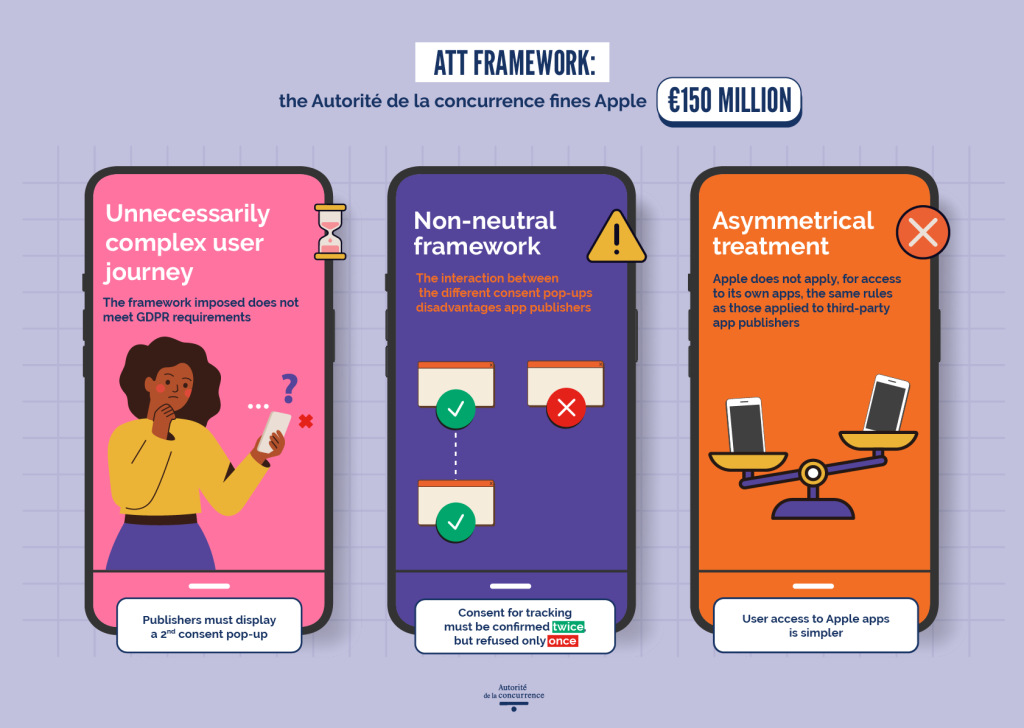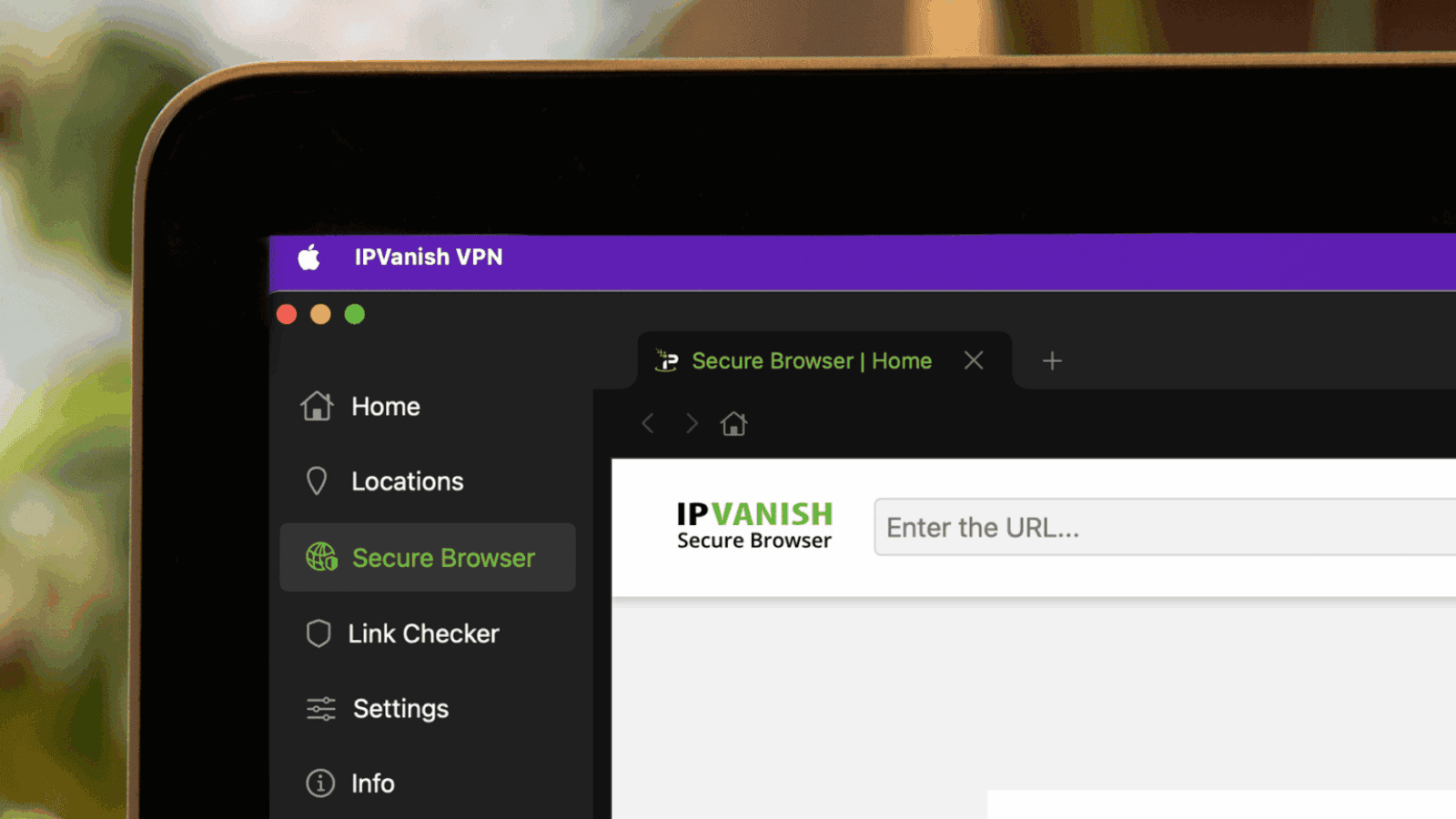
Apple Fined €150M Over App Tracking Transparency Framework That Affected Small Publishers
- France’s competition regulatory authority imposed a massive fine on Apple, invoking ATT framework issues.
- The Autorité de la Concurrence cited artificial complexity, neutrality concerns, and asymmetry in application.
- An investigation revealed Apple’s practices distorted competition in the digital advertising ecosystem, damaging smaller publishers.
Apple got a €150 million penalty for abusing its dominant position in the mobile applications market through the implementation of its App Tracking Transparency (ATT) framework. The fine was a result of the Autorité de la Concurrence’s investigation into Apple.
The investigation of France’s competition regulatory authority focused on Apple’s practices between April 2021, when version 14.5 of iOS was introduced, and July 2023.
The ATT framework introduced by Apple requires iOS and iPadOS users to provide explicit consent before third-party apps can collect data for targeted ads. While the Autorité agrees with the framework’s goal of enhancing privacy protection, it found the manner in which Apple implemented the system to be anti-competitive.
Apple's dominance in the iOS ecosystem led the Autorité to find the company in violation of competition law, resulting in a €150 million (~$162.1 million) fine. Apple was also ordered to publish a summary of the decision on its website for seven days.
The ATT framework imposed overly complicated consent processes by displaying multiple pop-ups, particularly harming users of third-party apps. This led to an excessively burdensome experience.
The design of pop-ups undermined the neutrality of the framework. For example, users had to confirm their consent twice, while opting out of tracking required only a single action, creating unnecessary asymmetry in the consent process.
While third-party app publishers were required to obtain double consent for tracking, Apple itself did not adhere to the same standards until the rollout of iOS 15. The company subsequently introduced a single consent pop-up for its apps but continued to subject third-party developers to additional hurdles.
The Autorité determined that these practices distorted competition within the digital advertising ecosystem and were particularly damaging to smaller publishers who rely heavily on third-party data for advertising revenue.
Without access to significant proprietary data ecosystems like those of major players such as Google and Meta, smaller entities experienced significant revenue losses. By contrast, larger companies were able to leverage their own data-driven models to maintain their market positions.
The investigation involved the cooperation between the Autorité and the French National Commission on Informatics and Liberty (CNIL). The Autorité used CNIL’s insights to argue that minimal changes to the ATT framework could align it with both privacy and competition guidelines.
CNIL supported making tracking opt-outs and consents equally simple, preserving ATT’s privacy protections without disadvantaging smaller publishers or complicating user experiences.
The full decision will be published after processing business secrecy requests, in line with the Autorité’s protocols.










